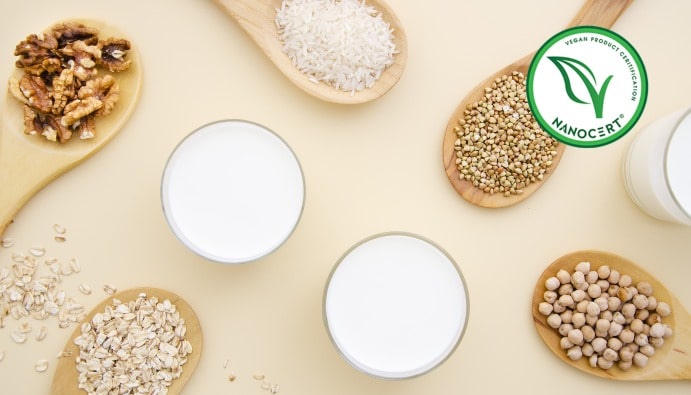What are Plant-Based Milk Types?
What are Plant-Based Milk Types?

Plant drinks that resemble milk with their white color, are consumed as an alternative to milk and leave a creamy feeling in the mouth are expressed as plant milk. Ever since vegetarianism and veganism began to be adopted as a way of life, there has been a need for plant-based alternatives to all foods of animal origin. Milk-like plant juices, known since the 13th century, may offer environmental advantages over animal milk in terms of greenhouse gas emissions, land and water use. Today, 17 different plant-based milks are consumed. The most preferred ones are; almond milk, coconut milk, rice milk and soy milk. In addition, hemp milk, oat milk, pea milk and peanut milk are among the preferred ones.
In order, plant-based milks can be produced from the following.
- Cereals: barley, fonio, maize, millet, oats, rice, rye, sorghum, teff, triticale, spelt, wheat
- Fake grains: amaranth, buckwheat, quinoa
- Legumes: lupine, peas, peanuts, soy
- Nuts: almond, brazil, cashew, hazelnut, macadamia, walnut, pistachio, walnut
- Seeds: chia seeds, flax seeds, hemp seeds, pumpkin seeds, sesame seeds, sunflower seeds
- Other: Coconut (fruit; stone fruit), potato (tuber), tigernut (tuber)
So why choose plant-based milk alternatives?
Allergies and intolerances: It can be preferred by people with lactose intolerance.
Veganism: Consumed by people who follow a vegan or plant-based diet.
Sustainability: Because cows contribute to greenhouse gas emissions, people may choose not to consume dairy products.

